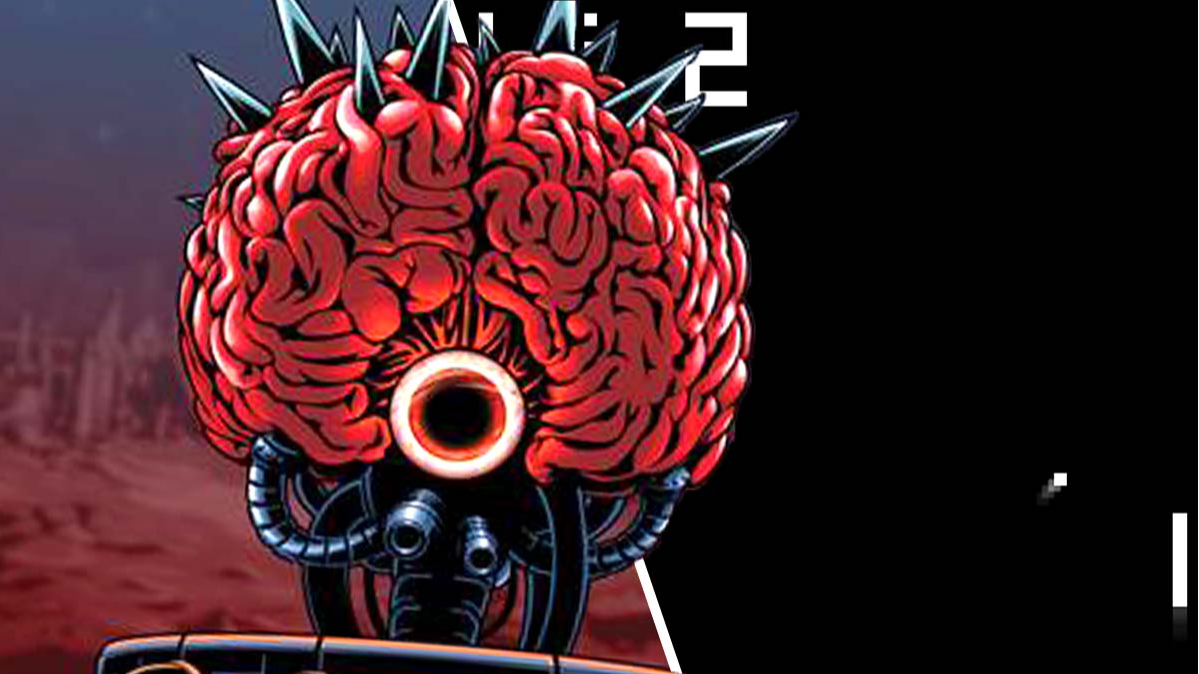EF Global VTOL
13 Sep 2022

The United States Congress passed the Chips Act, pouring $52.7 billion into establishing semiconductor fabrication factories (or fabs) at home, reducing their dependence on Taiwan and competing with an increasingly self-reliant China.
This comes at a time when Artificial Intelligence (AI) promises to do the not-so-routine and sufficiently intelligent jobs in every arena over the next few decades.
The nervous system and brain are naturally the most complex and advanced computers if one considers the hundreds of internal and external functions it regulates every minute.
The human brain operates on the next level, one exaFLOP, equivalent to a billion calculations per second. Some bright Japanese minds tried recreating that ability in 2014, but the K Computer – the world’s fourth fastest supercomputer – still took 40 minutes to calculate what a human brain does in a second.
And this is where the promising yet scary amalgamation of biology, neurology, engineering, and electronics is sparking debates amongst technologists, ethicists, lawyers, and doctors.
It began with Melbourne-based Cortical Labs growing neurons (brain cells) and incorporating them onto a computer chip.
The resulting fusion worked since both neurons and chips share a medium of operation – electricity. In silicon computers, electrical signals travel via metal wires that link different components.
In a brain, nerve cells are connected via synapses that transport the electric signals. Called ‘Dishbrain,’ its developers are grasping their invention’s magnitude and implications.
Also called ‘Organoid Intelligence,’ it blurs the lines between engineering, and neuroscience biology, potentially sending AI research and development in another direction.